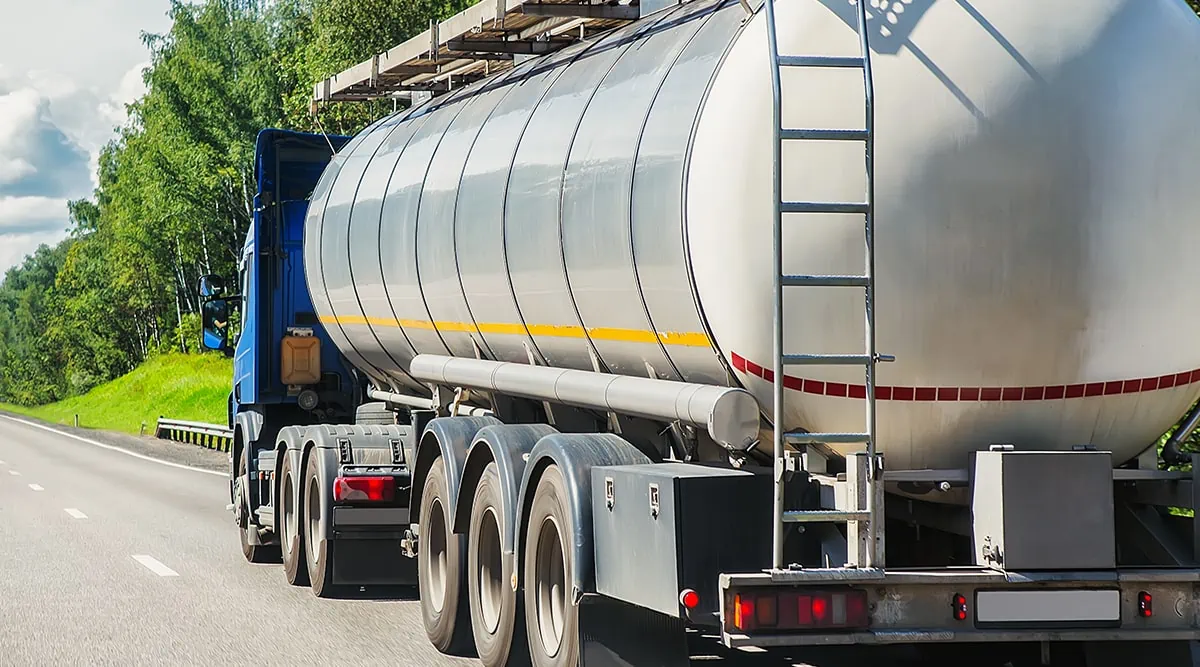The Single Strategy To Use For Reclaim Waste
Table of Contents9 Easy Facts About Reclaim Waste ShownFascination About Reclaim WasteThe Ultimate Guide To Reclaim WasteNot known Facts About Reclaim WasteThe Greatest Guide To Reclaim Waste
Discover the types, incidents, and forms of fluid waste. Domestic sewage waste refers to the waste and items from a household septic system. This type of waste is produced by people in residences, institutions, and various other structures. This only includes septic systems that have a drain field. The correct management and disposal of residential sewage waste call for fluid waste to be moved to a sewage treatment plant where the correct techniques and devices are applied to cleanse and deal with waste.
Industrial waste usually includes potential threats, such as combustible materials or a mixture of liquid and solid waste products, and calls for an extra sophisticated and comprehensive disposal process. The disposal of industrial waste normally involves the filtering of waste before transport to guarantee secure and correct disposal. Hazardous waste is created from byproducts and overflow of industrial procedures and manufacturing.
This sort of waste can not use the very same sewage administration transport or procedures as septic or industrial liquids. The commercial waste management procedure requires the inspection and testing of fluid waste prior to it undertakes the disposal procedure (liquid waste removal). Drainage waste is the liquid waste that originates from runoff and excess stormwater in highly populated locations or cities
Runoff waste can trigger contamination and flooding if not dealt with correctly. Making certain appropriate waste monitoring can prevent calamities and reduce ecological damage.
What Does Reclaim Waste Mean?
Call PROS Solutions today to discover our waste management and disposal services and the correct methods to care for the liquid waste you produce.
(https://soundcloud.com/reclaimwaste1)This so-called 'wastewater' is not only an important source however, after therapy, will be launched to our land, waterways or the sea. Utilized water from commodes, showers, baths, cooking area sinks, laundries and commercial processes is recognized as wastewater.

water used to cool machinery or clean plant and tools). Stormwater, a kind of wastewater, is overflow that moves from agricultural and metropolitan locations such as roofing systems, parks, gardens, roads, paths and seamless gutters into stormwater drains pipes, after rain. Stormwater streams unattended directly to neighborhood creeks or rivers, ultimately getting to the ocean.
The Buzz on Reclaim Waste
In Queensland, many wastewater is dealt with at sewage therapy plants. Wastewater is transferred from domestic or industrial websites with a system of drains and pump terminals, recognized as sewage reticulation, to a sewer therapy plant. City governments develop, preserve and run most sewage treatment plants. Operators are licensed under the Environmental Management Act 1994 to release cured wastewater at an acceptable environmental requirement into waterways.
The Department of Natural Resources recommends regional governments about handling, operating and maintaining sewerage systems and treatment plants. In unsewered areas, city governments may call for owners to set up specific or family sewer treatment systems to deal with residential wastewater from bathrooms, cooking areas, restrooms and laundries. The Department of Natural Resources authorizes the usage of family systems when they are shown to be effective.
In some new subdivisions, therapy of some stormwater to remove clutter, sand and gravel has actually begun using gross contaminant traps. Wastewater treatment occurs in four phases: Gets rid of solid issue.
Makes use of tiny living organisms knows as micro-organisms to damage down and eliminate staying dissolved wastes and fine fragments. Micro-organisms and wastes are integrated in the sludge.
Our Reclaim Waste Diaries
Nutrient elimination is not readily available at all sewer therapy plants since it needs costly specialist devices. Clear liquid effluent created after treatment may still contain disease-causing micro-organisms - liquid waste removal melbourne.

This typically implies wastewater has to be treated or pollutants eliminated before it can be released to rivers. Many wastewater flows right into the sewerage system. Under the Act, city governments carry out approvals and permits for ecologically relevant tasks (Ages) involving wastewater launches that may have a local influence. The division administers authorizations and licences to Periods including wastewater launches that may have a regional or statewide effect.
The Ultimate Guide To Reclaim Waste
Tracking supplies factual information regarding water high quality and can confirm that licence conditions are being met. The information gotten through tracking offers the basis for making water high quality choices.